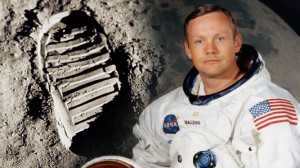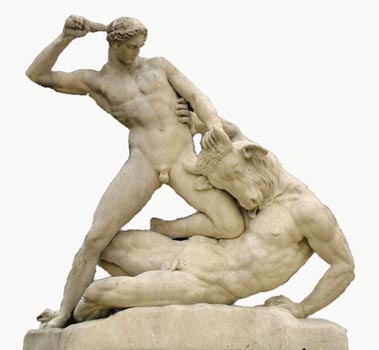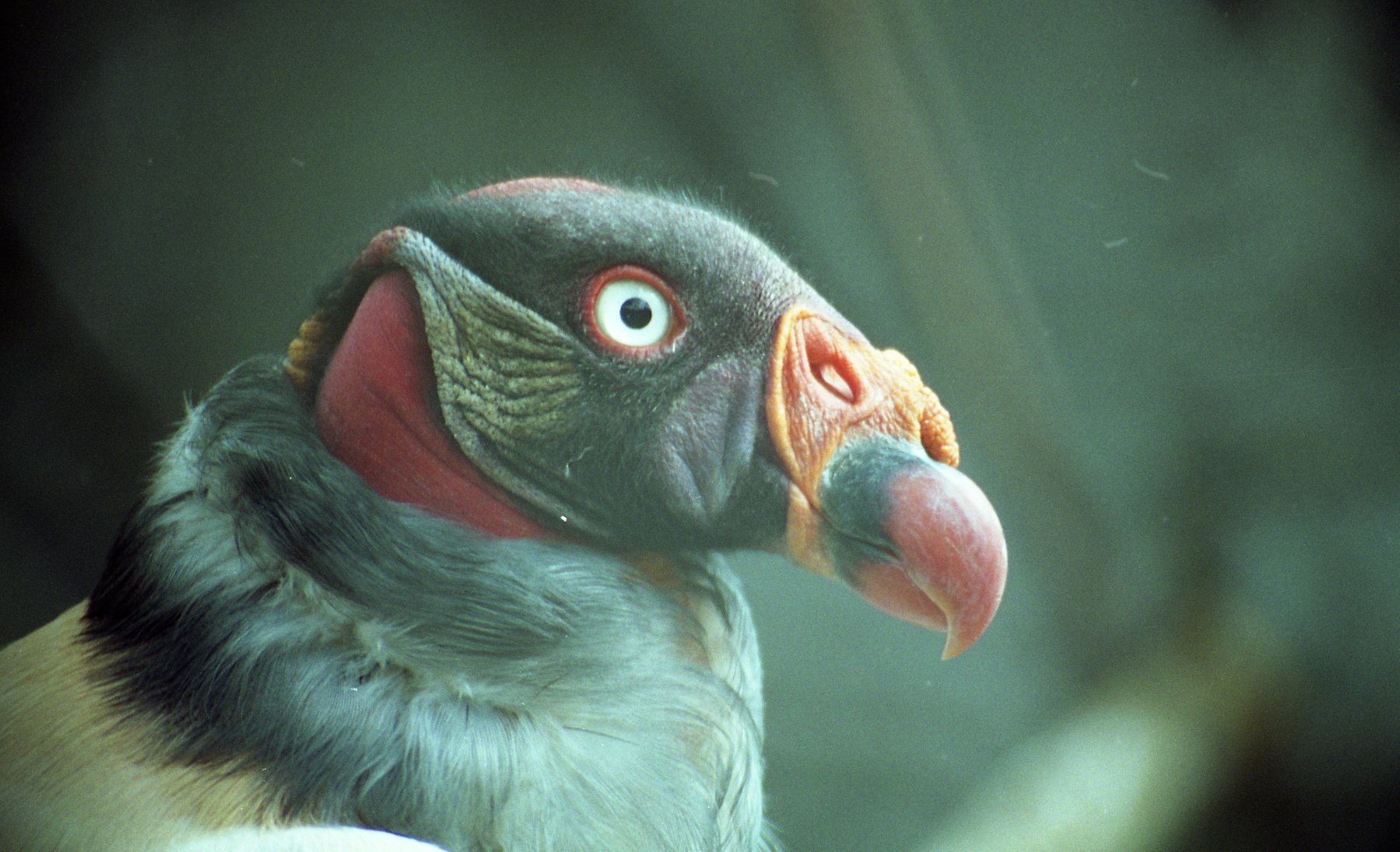How do you define a hero? Or how does one become a hero? And do they still exist, the heroes? When I read Lorie´s article below, previously published in Huffington Post, I have to admit I spent a whole evening contemplating the subject. I asked myself, do I have any heroes still today? And what should my heroes be made of? There´s no doubt, everyone has their own special heroes. I have always answered Nelson Mandela, Mahatma Gandhi and Aung San Suu Kyi when I have had the question. It still stands. For me those are real heroes. They have sacrificed their own life´s for something they believed in, something defining for the better of humankind, not only for their own careers and they´re famous heroes globally. I also have many unknown heroes who I have come across during my travels, but I have no heroes within exploration. I admire many, but there are no heroes. I think it has to do with the fact, that there´s too many in my line of business, whose only interest is self promotion. Especially today. And, therefore I think, as Lorie writes rightly, that I am one of many who believes this fact:
We designate our chosen heroes to represent our aspirations as well as oftentimes to serve as moral standards.
I have utterly failed my heroes moral standards, but I hope I get a bit further before I stop kicking. Lorie, excellent question and it is a must for an aspiring hero to read her great article below!
What Are Heroes Made Of?
By
Lorie Karnath

With the passing of Neil Armstrong, the world lost a universal hero. He was an especially uncommon one in that he transcended frontiers as well as generations. With a single step Neil taught us just how small our world is while at the same time demonstrated how vast its potential. That initial lunar footprint served to permanently remove any shackles that might constitute boundaries to mankind’s imagination. Even though that step occurred more than 40 years ago, its message still resounds, inspiring, omnipresent.
The acknowledgement and veneration of heroes has existed for quite a while. It was the ancient Greeks who are accredited with first coining the designation, referring to someone who had so far transcended the scope of mortal margins that they redefined the realm of human experience. The manned lunar landing combined what is still a virtually unrivaled triumph of engineering, technology, logistics and courage. It propelled man from an intrinsic earthbound perspective to one of unrestrained vision allowing for interplanetary speculation. Armstrong, reportedly in all facets modest, preferred to credit the teams and technology that enabled his successful feat. However, the world at large ignored Armstrong’s protests and duly accorded him hero status, recognizing his bravery and willingness to risk his life to explore space for the betterment of all. While he walked among us Neil Armstrong was a living symbol of a world of limitless possibility.
Since the time when the Greeks first began acknowledging persons who had borne game-changing deeds, the identification and veneration of heroes still remains relevant and vital. It is these appointed champions that help lead us in establishing principles and ideals and provide context for the potential of our ambitions. However, heroes such as imagined by the ancient Greeks, and exemplified by individuals like Neil Armstrong — whose actions shift paradigms and extend horizons — are proving increasingly difficult to come by.
At a number of levels this is due to the development of new technologies. We designate our chosen heroes to represent our aspirations as well as oftentimes to serve as moral standards. Unlike the heroes of prior times, today’s potential heroes must contend with media platforms that provide means to ubiquitously transmit any of human nature’s shortcomings, real or perceived, serving to blur and intertwine private and public endeavor. As has been the case for a number of luminaries in the sporting arenas widespread exposure or innuendo of behavior not attributed to human excellence predictably thins the patina of distinction, toppling any garnered hero status.
In the context of heroism’s connection to furthering human potential, technology is again poised to intercede. The successful crewed moon landing, among the greatest examples of engineering and technological prowess, inevitably paved the way toward greater dominance of technically driven exploration and discovery. While Armstrong’s footprint immeasurably extended the parameters of inspiration and imagination, not surprisingly, resultant inventive outcrops due to these have quickly proliferated. Mankind has developed a plethora of efficient, highly precise analytical instruments, which now serve as extensions to human discovery. These can venture in place of man towards places unknown or otherwise inaccessible and capably transmit detailed streams of specific scientific data.
Reliance on technological devices has since journeyed beyond those that function to foster and provide input for development of human knowledge to where they are now infringing on humankind’s once exclusive domain, that of reasoning. Straddling the crossroads of technology and biology and simulating human knowledge itself, computerized and bio-robotic designs that can actually fathom are being developed and employed. Programmed to think, absorb, grasp and evolve, these are increasingly performing as pioneers exploring new territories and expanding our experience and horizons.
Thanks to men like Neil Armstrong, a surfeit of possibility has taken wings and extended exponentially to well beyond humankind’s current physical capabilities.
NASA’s state of the art Curiosity Mars rover represents, in technical terms, plausibly the greatest of all such realizations. Intellectually proficient, the rover is mandated with investigating and perhaps resolving queries relating to possible life on Mars both past and future. Culling samples and performing on board experimentation, normally the purview of complex earthbound research facilities, certainly Curiosity qualifies as both an explorer and field researcher. Increasingly unmanned rocketry, adroit equipment and artificially intelligent robotics are overtaking the realm of discovery and the accompanying glory once reserved for human heroes. Could this mean that the machines and computer codes that increasingly explore in our stead, probing the bottom recesses of our seas, our skies, to Mars, its enigmas and beyond peering over the edges of the Universes, represent a new breed as well as form of mentor and even hero? Without these it is clear that we could not probe the many questions represented by territories unknown, as well as contemplate new ones. Unquestionably the achievements of vehicles like Curiosity and others that will follow to Mars and elsewhere, meet the hero requirement of going beyond boundaries, changing the outline and scope of human potential. It is the work of these that will pave the way for man’s next footprint.
Lorie Karnath is an avid explorer, adventurer, author who has canvased the globe in search of answers to elusive questions. Most recently she served for three terms as the 37th president of The Explorers Club only the second woman in the club’s 108 year history to be elected. Karnath has led many expeditions to far-flung regions of the world. Read more about Lorie here!



Mikael,
Appreciated your comment. Well thought out and provocative. You took the high road, congratulations – a heroic response
Mikael,
Appreciated your comment. Well thought out and provocative. You took the high road, congratulations – a heroic response
A Cautionary Tale of Two Armstrongs
We need to understand that there is a difference between explorers and exploiters.
Two men, bearing the same name, each of which rose to the pinnacle of greatness within their respective field, handled fame and celebrity in exactly opposite ways.
Neil Armstrong had nothing to prove to anyone. An intelligent, brave, humble, self-effacing and articulate man, Armstrong shunned publicity, seldom granted an interview, would not pose for photographs and refused to sell himself out to the media circus.
In stark contrast, Lance Armstrong is an example of a win-at-all-costs competitor who eagerly embraced the bogus cult of celebrity.
Addicted to adulation, Armstrong was a fame-hungry “hero” who bullied and deceived his way to the top.
Neil Armstrong shunned fame like poison.
Lance Armstrong desired it so greatly that he cheated to get it.
The very notion of a hero has been distorted.
Is the journey about Serving Self or Helping Others?
Do we follow the example of the soft-spoken Armstrong who insisted he was only doing his job when he went to the Moon?
Or do we succumb to the siren’s song of celebrity which led another Armstrong into the ethical wilderness?
After we’re gone, will people measure our lives and say, “It isn’t about where he went. It’s about what he stood for?”